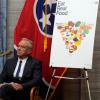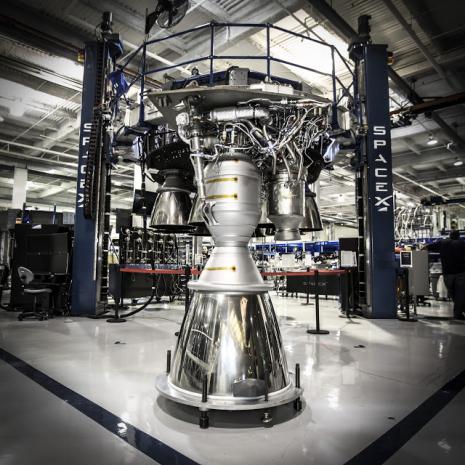
Breaking News
 Dr Pollan at Harvard has cured schizophrenia using keto diet
Dr Pollan at Harvard has cured schizophrenia using keto diet
 We are winning. Big Pharma is finding it too difficult to get new vaccines approved under Trump
We are winning. Big Pharma is finding it too difficult to get new vaccines approved under Trump
 Abortion drugs discovered in Bill Gates' vaccines
Abortion drugs discovered in Bill Gates' vaccines
 Ask yourself how we've gotten here, then ask yourself why no one seems to care.
Ask yourself how we've gotten here, then ask yourself why no one seems to care.
Top Tech News
 Drone-launching underwater drone hitches a ride on ship and sub hulls
Drone-launching underwater drone hitches a ride on ship and sub hulls
 Humanoid Robots Get "Brains" As Dual-Use Fears Mount
Humanoid Robots Get "Brains" As Dual-Use Fears Mount
 SpaceX Authorized to Increase High Speed Internet Download Speeds 5X Through 2026
SpaceX Authorized to Increase High Speed Internet Download Speeds 5X Through 2026
 Space AI is the Key to the Technological Singularity
Space AI is the Key to the Technological Singularity
 Velocitor X-1 eVTOL could be beating the traffic in just a year
Velocitor X-1 eVTOL could be beating the traffic in just a year
 Starlink smasher? China claims world's best high-powered microwave weapon
Starlink smasher? China claims world's best high-powered microwave weapon
 Wood scraps turn 'useless' desert sand into concrete
Wood scraps turn 'useless' desert sand into concrete
 Let's Do a Detailed Review of Zorin -- Is This Good for Ex-Windows Users?
Let's Do a Detailed Review of Zorin -- Is This Good for Ex-Windows Users?
 The World's First Sodium-Ion Battery EV Is A Winter Range Monster
The World's First Sodium-Ion Battery EV Is A Winter Range Monster
 China's CATL 5C Battery Breakthrough will Make Most Combustion Engine Vehicles OBSOLETE
China's CATL 5C Battery Breakthrough will Make Most Combustion Engine Vehicles OBSOLETE
Spacex will have to fix turbopumps for next version of Falcon 9 to qualify it...

The Wall Street Journal indicates a forthcoming report from the US Government Accountability Office focuses most closely on issues with turbopumps in SpaceX's Falcon 9 rocket. The report has found a "pattern of problems" with the turbine blades within the turbopumps, which deliver rocket fuel into the combustion chamber of the Merlin rocket engine. Some of the components used in the turbopumps are prone to cracks, the government investigators say, and may require a redesign before NASA allows the Falcon 9 booster to be used for crewed flights. NASA has been briefed on the report's findings, and the agency's acting administrator, Robert Lightfoot, told the newspaper that he thinks "we know how to fix them."
A spokesman for SpaceX, John Taylor, said the company already has a plan in place to fix the potential cracking issue. "We have qualified our engines to be robust to turbine wheel cracks," Taylor said. "However, we are modifying the design to avoid them altogether. This will be part of the final design iteration on Falcon 9." This final variant of the Falcon 9 booster, named Block 5, is being designed for optimal safety and easier return for potential reuse. According to company founder Elon Musk, it could fly by the end of this year.
The new report also cites other problems with the commercial crew development efforts by SpaceX and Boeing. The latter company, for example, may be having difficulty with ensuring the reliability of its parachute systems to bring crews safely back to a land-based landing.



